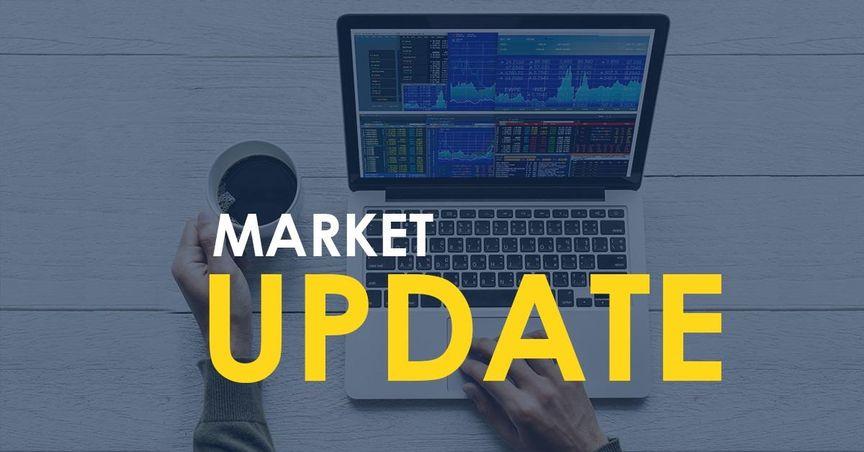Highlights
- Proposed Australian law aims to limit access for under-16s on social platforms and streaming.
- Key concerns include privacy, age verification, and effectiveness of digital restrictions.
- Social media companies advocate for increased parental control as an alternative.
The Australian government recently introduced legislation proposing a ban on social media and streaming platforms for individuals under the age of 16. This initiative, supported by the Coalition, aligns with growing concerns from parents, educators, and mental health professionals about the impact of digital platforms on children and teens. Platforms affected could include popular social networks like Facebook (NASDAQ:META) and YouTube, as well as online gaming and chat services like Roblox and Discord.
The proposed legislation, anticipated to come into effect within a year, aims to address growing anxieties about children’s online safety. Prime Minister Anthony Albanese, who has been vocal about the issue, emphasized that families across Australia share concerns about the influence of social media on young users. The legislation, however, leaves many questions unanswered, including how platforms will enforce the restrictions and verify the age of users.
According to Dr. Mugdha Rai, director at Monash University, while the proposal has positive intentions, its practical application remains a challenge. Dr. Rai pointed out the difficulty of regulating digital spaces, which often pose obstacles in enforcement. The legislation mandates that companies take “reasonable steps” to restrict access for those under 16, but specifics on verification and privacy safeguards are yet to be defined. These details, experts suggest, will be critical in determining how effectively the law can be implemented without infringing on privacy.
Concerns have also been raised about the practicality of enforcing digital age restrictions. Research indicates that current age verification systems on platforms like YouTube and Roblox can be unreliable, as many underage users find ways around them. Dr. Stephanie Wescott, a lecturer at Monash University, remarked that while there are legitimate reasons to protect young users from potentially harmful content, complete exclusion may not be the most effective solution. Instead, Dr. Wescott emphasized the importance of digital literacy as a tool to help young users navigate the internet responsibly.
Social media companies, including Meta (NASDAQ:META), argue that parental controls could serve as a more flexible solution than an outright ban. Antigone Davis, Meta’s head of global safety, expressed that listening to parents and enhancing parental controls could help address safety concerns without fully excluding young people from online spaces. Meta aims to cooperate with government regulations while encouraging a solution that respects family preferences and offers young people supportive online experiences.
As Australia debates this issue, the proposed legislation raises complex questions about balancing safety with practical enforcement and digital literacy. While the intent to protect young people online garners support, the approach to implementation will be closely scrutinized as stakeholders weigh in.



